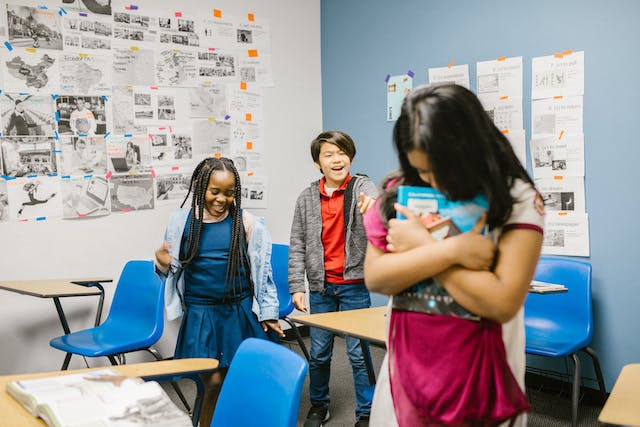
Dealing with rejection as a grown-up is not easy, it can be more overwhelming on young ones if they are not well-equipped with ways to deal with it.
As parents we sadly live in a world that require us to be aware of life and societal challenges our kids face, including rejection.
Our responsibility is to help them navigate those in the best form possible. “Parents can help their children do this by providing empathy and compassion, along with supporting and encouraging their children to view themselves and others in an emphatic and compassionate way”, shares author of Bouncing Back From Rejection, Leslie Becker-Phelps through information hub Psychology Today.
Parents may also want try:
Comforting and validating their experience – Once kids feel acknowledged and supported, their confidence, ability and “psychic muscle” strengthens shares mental and social-well-being hub Child Mind Health Institute. “The better we are able to feel and tolerate uncomfortable feelings, the stronger and easier it is to handle the next time around,” adds the hub.
Help your child cope with Exposure to Painful Cues – New York’s mental and psychology hub Verywell Mind states that unlike physical wounds, social rejection and psychological pain may have longer negative effects, as the pain starts each time the social rejection incident is relived. Finding ways such as avoiding thigs associated with what has hurt them when still going through the pain in the process strengthening their confidence with full support may help your child immensely. You may also want to explain to your child that they need not to avoid what has hurt them all the time as that may “leaves them on high alert to continue avoiding the future,” adds the hub.
Make failure safe – Rejection may also come in the form of failure. When a child has failed to achieve what they were aiming for, common in adolescents, they may feel some kind of rejection, adds the child orientated hub, Child Mind Health Institute.
Take a back seat – As parents we always want to jump in and fix things ourselves when our kids are facing problem and life challenges, Child Mind Health Institute shares that if we protect them too long, that might slow their confidence. Trying to tackle the problem yourself as a parent gives out an illusion that you don’t trust them.
Also see: WATCH: Learner promises to be an absent dad like his father




